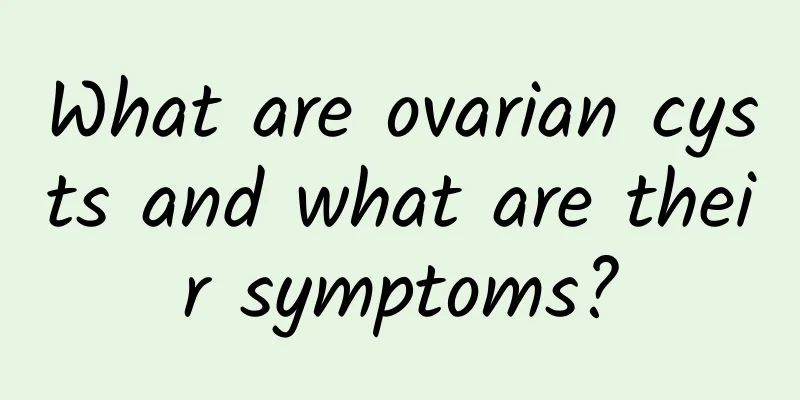What are the symptoms of ectopic pregnancy?

|
Ectopic pregnancy is clinically called ectopic pregnancy. Ectopic pregnancy refers to the implantation of the fertilized egg outside the uterus, most commonly in the fallopian tube. The specific cause of ectopic pregnancy may vary from person to person, such as reproductive system infection, hormone imbalance, etc., and sometimes the clear cause may not be determined. The main symptoms of ectopic pregnancy are usually amenorrhea, abdominal pain, abnormal abdominal touch, irregular vaginal bleeding, and digestive system symptoms. The details are as follows: 1. Amenorrhea: Before the early stage of tubal pregnancy abortion or rupture, the symptoms and signs are not obvious. In addition to short-term amenorrhea and pregnancy symptoms, sometimes there is bloating and pain in one side of the lower abdomen. During the examination, the fallopian tube is normal or swollen. 2. Abdominal pain: In the early stage, it often manifests as lower abdominal pain or severe pain, which may be accompanied by nausea and vomiting. When miscarriage or rupture occurs, the pain is obvious, manifested as tearing pain, accompanied by nausea and vomiting, and in severe cases, syncope and shock may occur. 3. Abnormalities palpated in the abdomen: In cases where the ectopic pregnancy develops larger, the doctor may be able to palpate an abnormal mass or tenderness in the abdomen. 4. Irregular vaginal bleeding: Generally, ectopic pregnancy will cause irregular vaginal bleeding. Compared with menstruation, the amount of bleeding is less, the blood is dark red, and it is in the form of drops. A few patients do not have this symptom. If ectopic pregnancy causes heavy bleeding, it may also cause symptoms such as shock, pale complexion, and decreased blood pressure. 5. Digestive system symptoms: Ectopic pregnancy may also be accompanied by digestive system symptoms such as nausea, vomiting, frequent urination, constipation or diarrhea. Ectopic pregnancy can be excluded by measuring the patient's blood HCG level, B-ultrasound examination, vaginal posterior fornix puncture, laparoscopy and endometrial pathology examination. The treatments for ectopic pregnancy mainly include drug therapy and surgical treatment. Drug therapy is mainly suitable for early ectopic pregnancy, and surgical treatment is suitable for women who want to have children, especially those whose contralateral fallopian tube has been removed or has obvious lesions. |
<<: Is it better to let menopause take its natural course or take medicine to regulate it?
>>: How to save bleeding after abortion
Recommend
Do endometrial polyps bleed?
It is generally difficult to accurately determine...
Are cervical warts contagious?
When we are healthy, no one will realize the impo...
A brief discussion on the examination methods of cervical erosion
There is a clear boundary between the eroded surf...
Super magical cabbage soup for weight loss, lose 6 kg in a week? Famous weight loss doctor: Protein and starch are essential
You can never have too many weight loss tricks! R...
How big does a uterine fibroid need to be surgically removed? What are the classifications of uterine fibroids?
Introduction to this article: How much uterine fi...
What should patients with uterine fibroid surgery eat? Dietary care methods for uterine fibroids
Uterine fibroids are the most common benign tumor...
The main reason for unmarried women to suffer from adnexitis
What are the main reasons for unmarried women to ...
A good diet for weight loss! How to supplement dietary fiber before meals
Modern people have a westernized diet and are par...
The easiest way to delay your period
There is no one-size-fits-all answer to the simpl...
Which hospital is best for treating pelvic peritonitis?
Pelvic peritonitis is a very common gynecological...
Low-carb diet is becoming a trend, eating nuts can produce healthy fats!
Speaking of losing weight, I believe many people ...
After a miscarriage, how should you take good care of yourself during the “confinement period”?
For various reasons, many families have to choose...
What medicine is useful for uterine fibroids? What medicine can treat uterine fibroids?
What medicine is useful for uterine fibroids? Wha...
How long does it take to completely cure endometrial tuberculosis?
How long does it take to completely cure endometr...
How should patients with Bartholinitis take care of themselves in daily life?
Bartholinitis is caused by pathogens invading the...









